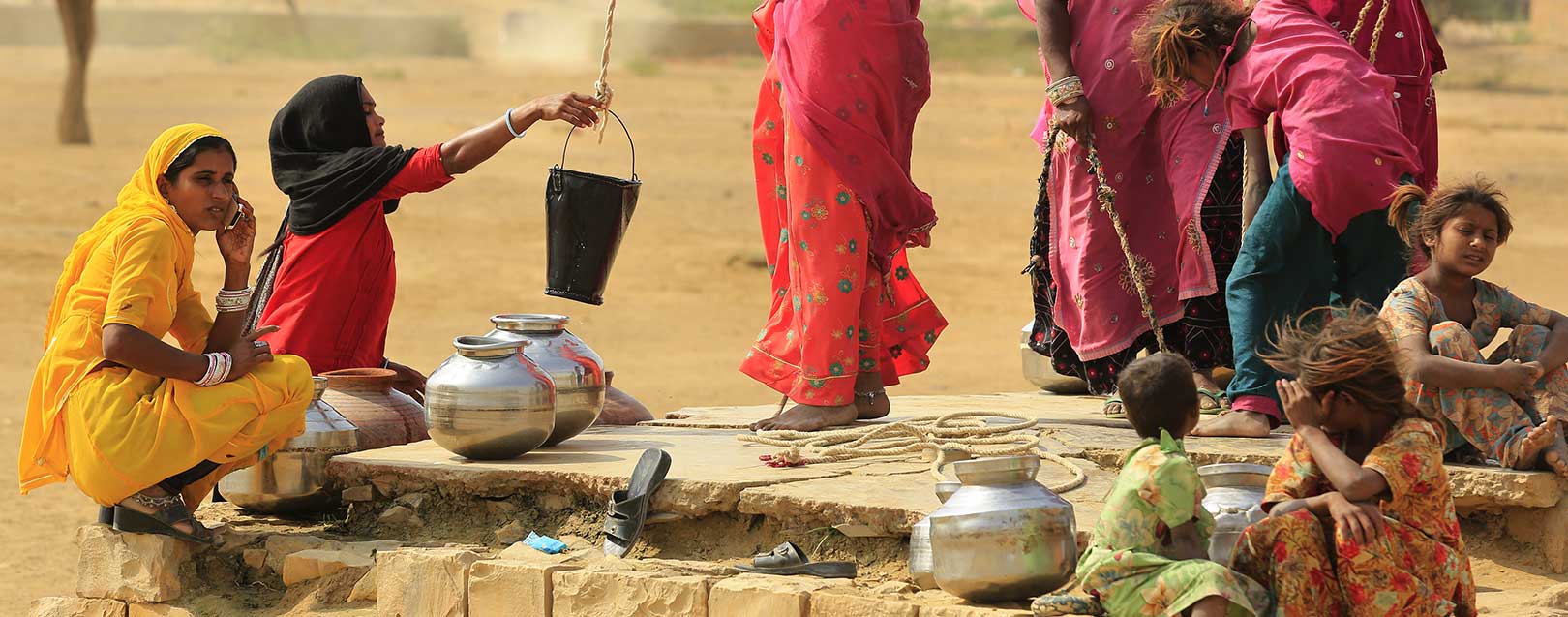
Drought impact on economy over $100 bn: ASSOCHAM
The Dollar Business Bureau
The widespread drought condition in the country will have serious concerns on the Indian economy. The impact on the economy is likely to be Rs.6,50,000 crores (over $100 billion) as more than 33 crore people in 256 districts are facing severe drought situation, as per a study by the Associated Chambers of Commerce & Industry of India (ASSOCHAM).
According to it, the weekly rainfall in India during the pre-monsoon season (March-April) was 19% less than the Long Period Average (LPA). The cumulative rainfall during this season was 8% less than LPA. As per recent estimates, shortage of water in reservoirs and in the lower levels of ground water are serious concerns for the people and administration in the drought affected areas. There are 10 states that have been listed under drought-affected states.
D S Rawat, Secretary General of ASSOCHAM opined that the current drought situation may result in inflationary pressures. It may further create a challenge for the government and the policy makers in the process of food management.
If the government spends Rs.3,000 per person to provide water, food and healthcare for the people in drought affected areas for just one month, the estimated cost will be more than Rs.1,00,000 crores, as 33 crores of population are at risk. The loss of crop would have a multiplying impact along with the loss of subsidies on power, fertilizer and other agricultural inputs.
While estimating the losses, the government should also consider the loss of man-days, cost of medicines, cost of animal husbandry, loss of land productivity and water bodies, increased burden on medical services, revival from nutrition crisis, animal fodder shortage and revival of rural wealth, displacement cost, etc.
In drought situation, 33 crore people require basic survival needs like water, food and medicine. Moreover, their purchasing power would be vanished. There will be huge socio-economic problems in urban areas if 10% of these people migrate to other cities. This will further impact the water and food supplies in the towns and cities. Ultimately, all this would have a negative impact on the economy of the country, said Rawat.
The economic growth of the country will be hurt if natural resources are ignored. The depletion of soil health, water levels and air pollution would also create inflationary pressures. This may hurt Indian competitiveness in the global scenario, he added.






 to success.
to success.